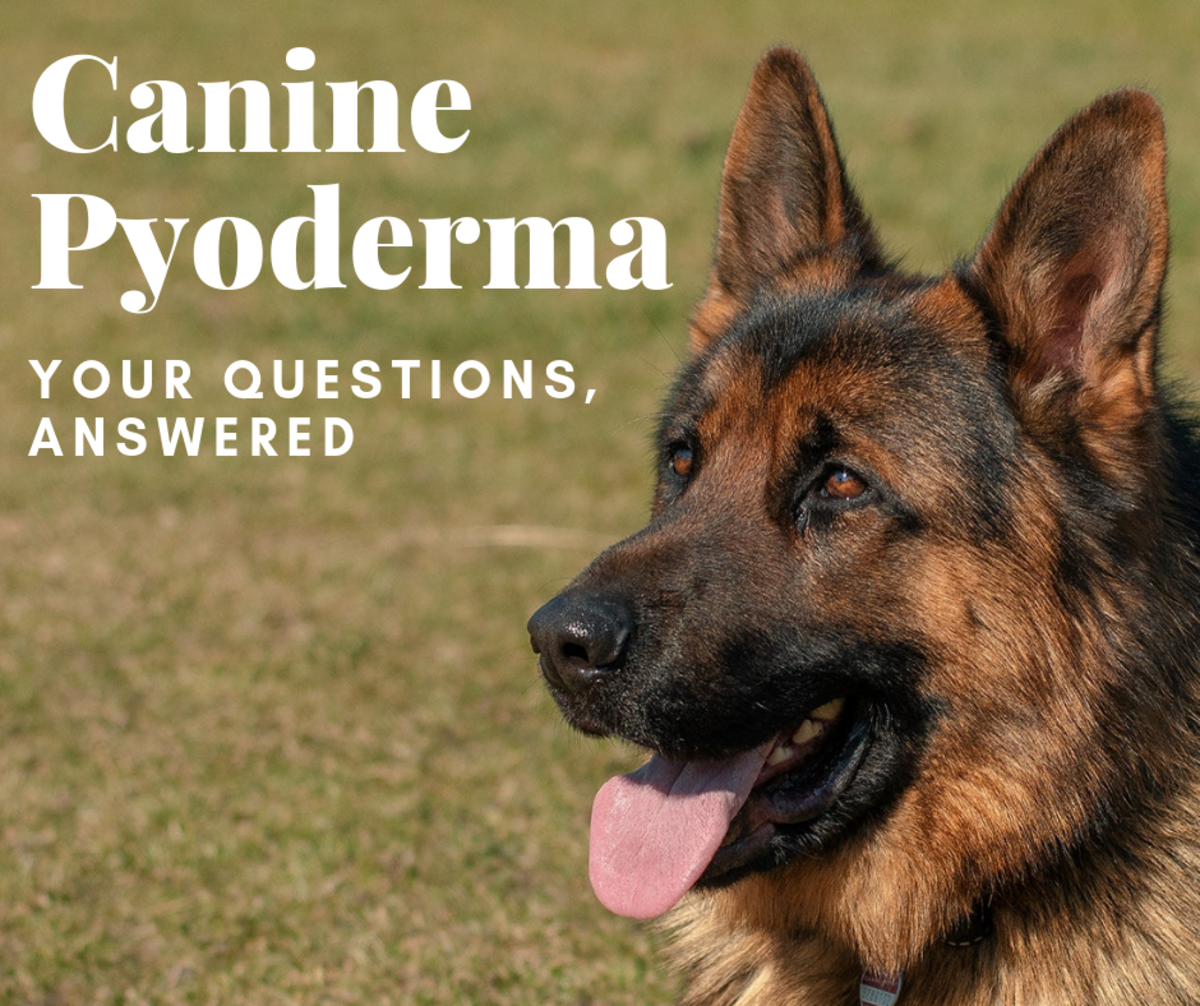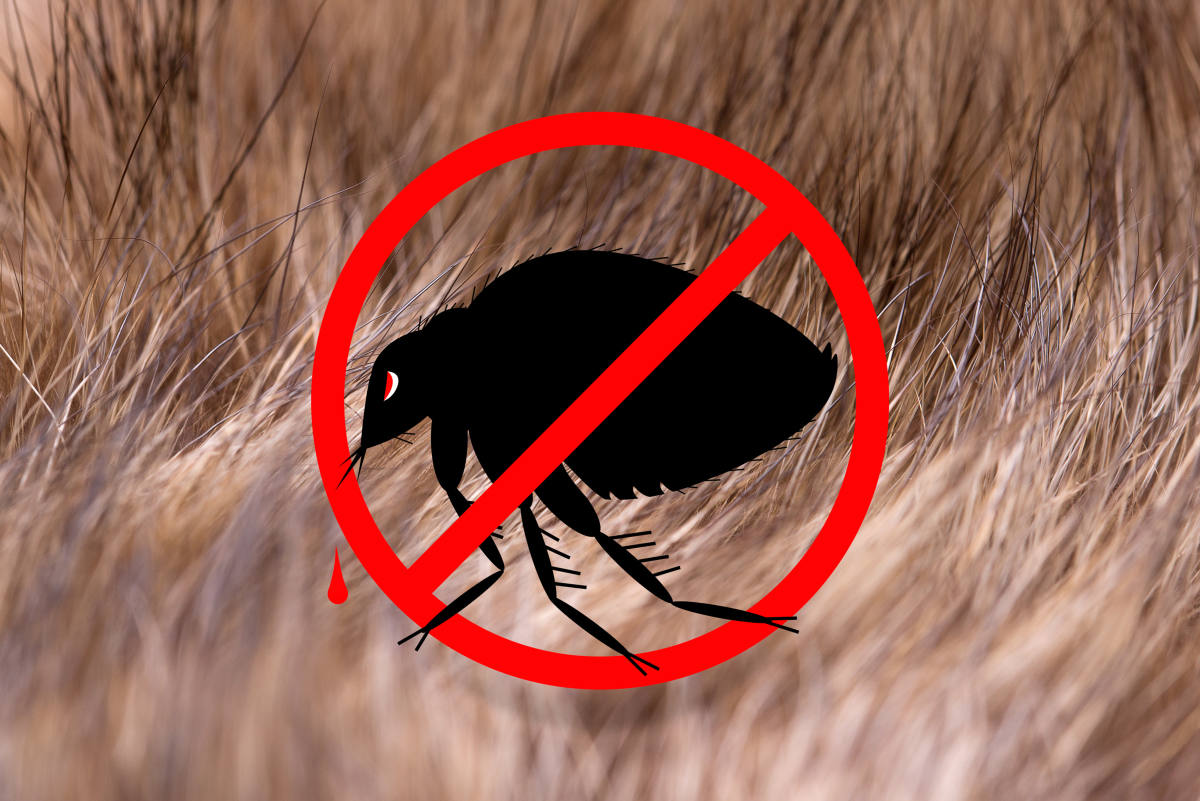- HubPages»
- Pets and Animals»
- Dogs & Dog Breeds»
- Dog Health
What Is Canine Heartworm Disease And Why Should You Care?
Canine Heartworms
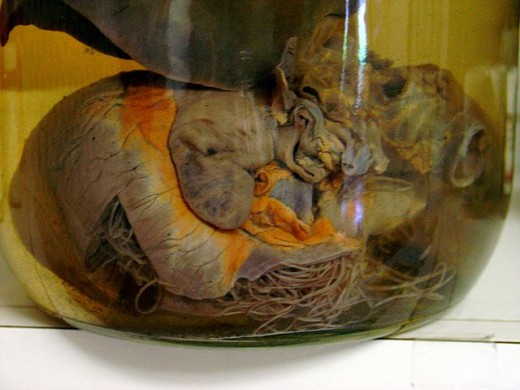
There are definitely times when a little preventive medicine is well worth the price to avoid a costly and painful illness down the road. Such is the case with canine heartworm disease. In this exclusive interview with Dr. Cathy Alinovi of Hoofstock Veterinary Services, she explains why it's better to be proactive in protecting your dog from this deadly disease.
Question 1: What causes heartworm disease?
Dr. Cathy: Dilofilaria immitis is the name of the worm that causes the disease (see image below).
Dirofilaria Immitis
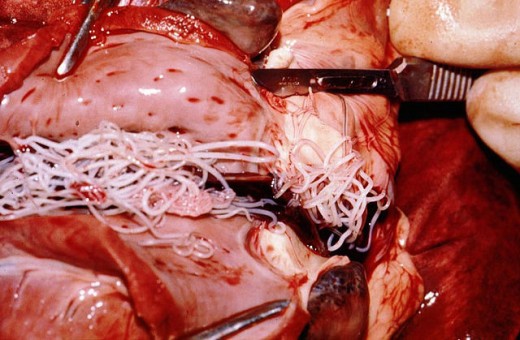
Q2: How does my dog get heartworms in his heart?
Dr. Cathy: In the warm months, a mosquito that is infected with immature heartworms (microfilariae) bites a dog (or cat) and injects saliva into its victim. The saliva is meant to keep blood from clotting while the mosquito sucks it up; saliva contains the heartworm microfilariae. The microfilariae grow up in the dog’s blood stream then finally become adult in the right side of the heart, where the blood travels to the lungs.
Q3: What other organs are infected?
Dr. Cathy: The liver, due to heart congestion, and the lungs, due to clots (thrombi,) are the most common organs affected.
Q4: How did heartworms infect my dog?
Dr. Cathy: A mosquito bit your dog over six months ago; a mosquito infected with heartworm microfilariae. It takes six months for the baby worm to develop into an adult in the heart. Once in the heart, the adult worms breed, making more microfilariae for a mosquito to come get in a blood meal, and then transfer to the next dog.
Q5: What symptoms signal my dog has a heartworm infection?
Dr. Cathy: By the time you see symptoms, your dog is in advanced heartworm disease and its heart is severely compromised. These signs include cough (dry hack to big deep hacks), lack of energy (called exercise intolerance), and bulging eyeballs. However, these are signs of heart disease.
Your dog’s vet will start with a heartworm test if your dog isn’t current on testing and prevention, and then continue from there with diagnostics to determine the cause of the heart issues. Your vet may hear a heart murmur, or notice your dog’s tongue to be enlarged, spoon shaped with a notch at the tip. Again, these are signs of heart disease, not specific for heartworm infection.
Q6: Is heartworm disease fatal?
Dr. Cathy: Because the worms develop in the right side of the heart, on the way to the lungs, heartworms cause heart damage. Heart damage is because the heart cannot pump well with a nest of heartworms in the pulmonary valve (the heart valve on the way through the lungs). The inefficiency leads to enlargement of the right side of the heart. With time, the heart damage worsens and infected dogs develop signs of congestive heart failure (CHF). CHF ultimately is the usual cause of death in heartworm infected dogs. Some dogs die from some of the worms dying and sending a clot through the lungs or to the brain.
Q7: How is heartworm disease diagnosed?
Dr. Cathy: Diagnosis done by a super quick in-clinic blood test. The test takes eight minutes to get an answer. For dogs testing positive, a second test is used for confirmation - another quick blood test, or actually looking at a blood sample and finding baby worms in the blood sample, confirms heartworm infection.
Q8: How are heartworm infestations treated?
Dr. Cathy: I follow the guidelines published by the American Heartworm Society for treatment. It’s a long, six-month course of treatment, which can be quite expensive, and does not reverse any heart damage that may already have occurred.
Q9: Is testing always done before beginning heartworm treatment?
Dr. Cathy: Yes, because in a few, rare and scary instances, giving the preventative before knowing if your dog is positive can lead to the dog’s death.
Regular Checkups and Preventative Medicines Can Prevent Heartworms
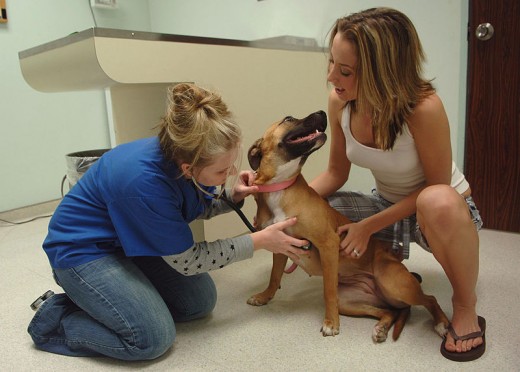
Q10: How often do dogs need to be tested?
Dr. Cathy: Because infection takes six months to develop and mosquitoes are present in warm months, most suggestions are to test in the spring. For pets that live in states that are warm year-round, it really doesn’t matter when you test. Just be sure to test once a year.
Q11: My dog is an indoor pet; do I still need to have him tested for heartworms?
Dr. Cathy: Does your dog go outside at all, even once? While your dog is at lower risk, all it takes is a bite from one infected mosquito. Moreover, I don’t know about you, but I get mosquitoes in my house from time to time because they know how to squeeze through the screen. And, they have someone’s blood in them when I smoosh the mosquitoes. Obviously, the house is not very safe from mosquitoes, either.
Q12: Why does my dog have to take heartworm medicine year-round?
Aren't mosquitoes only a problem in spring and summer?
Dr. Cathy: This depends on where you live. If you live in warm southern states, it might be a good idea to give preventative year-round.
Q13: What are the most common treatment side effects?
Dr. Cathy: Side effects of the prevention can be as mild as stomach upset and diarrhea to as severe as seizures. Side effects of the hard-core treatment to kill adult worms can be as mild as some back pain from the injection and weight gain from the steroids to death from a clot/thrombus from a dead worm travelling through the blood to the brain or through a coronary artery.
Q14: What preventative measures protect dogs from future infections?
Dr. Cathy: If your dog is successfully treated from heartworm prevention, be sure you give the preventative during the times of the year when temperatures are over 67 degrees Fahrenheit.
Q15: What is the heartworm's life cycle?
Dr. Cathy: Heartworm development requires two hosts: the mosquito and the dog. A mosquito must feed from a heartworm positive dog to get the baby heartworms in its gut. Those baby worms grow to the microfilariae stage in the mosquito’s gut. Then, the infected mosquito feeds on another dog and transmits the developing heartworm into the dog. This whole cycle takes six months to complete. (See video below for more information about the life cycle of dirofilaria immitis.)
Life Cycle of Dirofilaria Immitis
Q16: Can humans become infected by heartworms?
Dr. Cathy: There are a few incidental cases of humans with heartworm infection. It is not believed to cause disease in these patients; it is more of an innocent by-stander sort of thing. Unbelievably, I have a client who was found to have heartworms; the doctors left a giant incision in her rib cavity when they found it. While it is not supposed to cause problems, why did they need to go looking to find it in the first place? Just playing devil’s advocate. To date, heartworm infection is not known to cause problems in humans.
Q17: What other intestinal parasites attack dogs?
Dr. Cathy: Heartworms are not intestinal parasites, although this is a common confusion. The most common intestinal parasites are roundworms, whipworms, tapeworms and hookworms. Some less common parasites are specific to certain regions. For instance, lungworm is a large worm that is more common in southern parts of the US.
Q18: What other advice do you have for pet parents about heartworm infection?
Dr. Cathy: Be aware your cats can also be infected by heartworms. Many cats fight off the infection, but some just fall over dead. It is much more difficult to detect heartworm infection in cats, as it only takes one or two worms to cause a problem in their tiny little hearts. Prevention is a great idea for kitties as there is no safe treatment to date for cats.
Talk to your vet. In some lower risk areas of the country, your vet may recommend giving the preventative every six to eight weeks. In some parts of the country, your vet may recommend monthly preventatives all year long. This is a big conversation to have with your vet. Be sure you are getting your questions answered and your dog is protected from this potentially scary disease.
This article is accurate and true to the best of the author’s knowledge. It is not meant to substitute for diagnosis, prognosis, treatment, prescription, or formal and individualized advice from a veterinary medical professional. Animals exhibiting signs and symptoms of distress should be seen by a veterinarian immediately.
© 2013 Donna Cosmato


